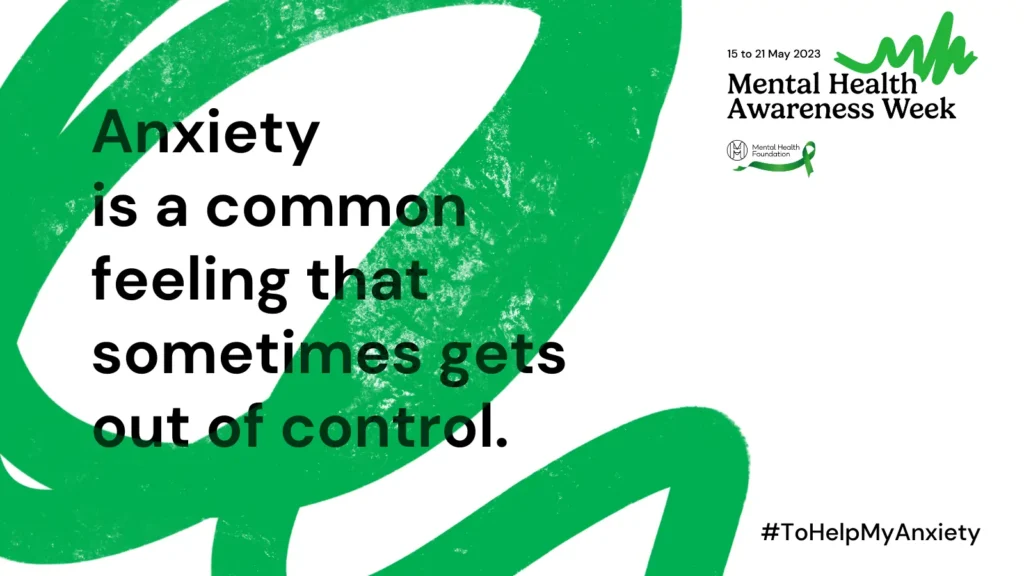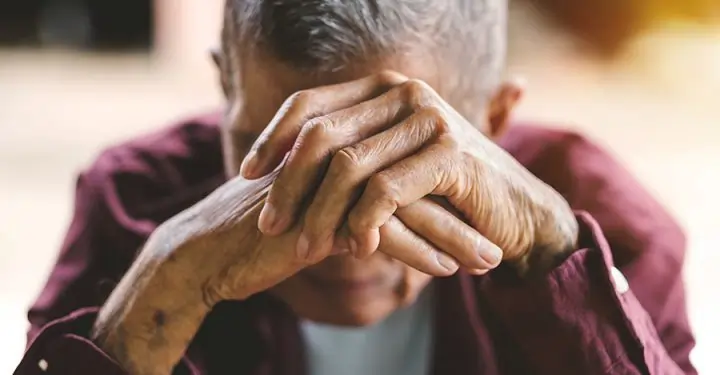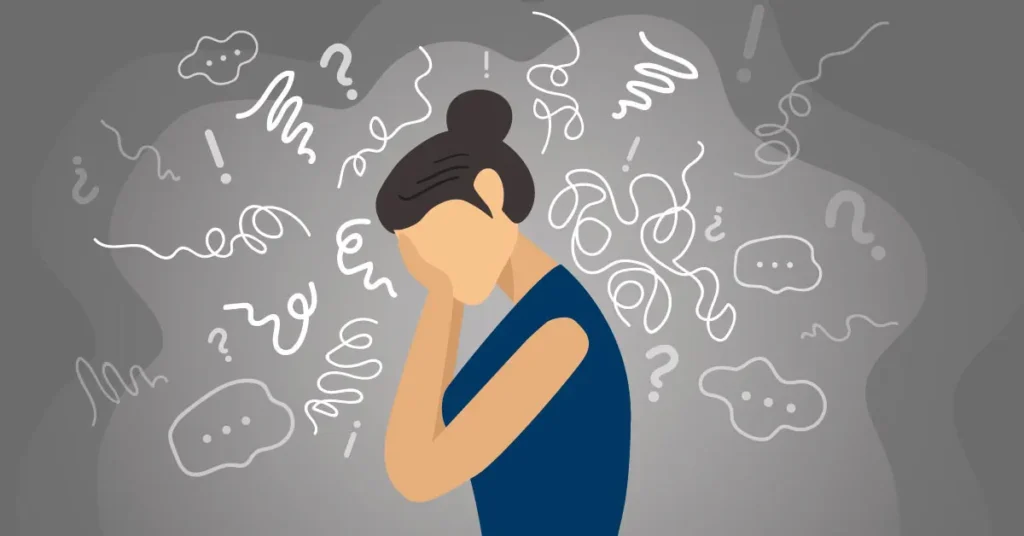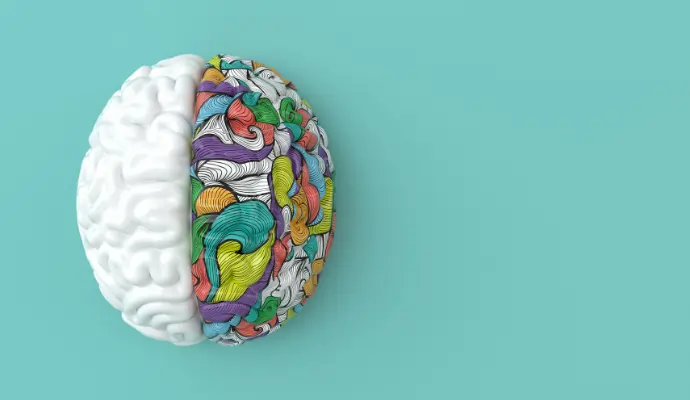
Introduction
As our population ages, mental health has become an increasingly important issue. Older adults are just as likely to experience mental health difficulties as anyone else, yet their needs are often overlooked. Depression is the most common mental health condition in older people, affecting over a quarter of women and nearly a quarter of men aged 65 or over. Anxiety is also a significant concern, with many elderly individuals struggling with its symptoms.
Overview of Elderly Mental Health in the UK
Despite the prevalence of mental health conditions among the elderly, a lack of attention is given to their needs. Stereotypes such as incompetence and hostility can further exacerbate the issue. We must address these attitudes and adequately care for elderly individuals experiencing mental health issues.
Understanding Anxiety in the Elderly
Anxiety is a normal stress response but can significantly impact daily life when it becomes excessive. For elderly individuals, anxiety can manifest in various ways, including physical symptoms such as heart palpitations, sweating, and trembling. It can also lead to negative thoughts, avoidance behaviours, and social isolation.

The Importance of Addressing Anxiety in Elderly Mental Health
Effects of Anxiety on Elderly Mental Health
Untreated anxiety can lead to significant consequences for elderly individuals, including worsening physical health, increased risk of falls and accidents, and decreased cognitive function. It can also exacerbate existing mental health conditions such as depression.
Impacts of Anxiety on Daily Life
Anxiety can significantly impact daily life for elderly individuals. It can lead to difficulties performing everyday tasks, decreased social interactions, and increased reliance on caregivers. It can also affect sleep patterns, leading to reduced quality of life.
Risks and Complications of Untreated Anxiety
Untreated anxiety can lead to complications for elderly individuals, including developing more severe mental health conditions such as depression, suicidal thoughts or behaviours, and substance abuse. It can also have long-term physical consequences, including cardiovascular, gastrointestinal, and chronic pain.

Identifying Anxiety in the Elderly
Signs and Symptoms of Anxiety in the Elderly
Identifying anxiety in elderly individuals can be challenging as it can present differently than in younger individuals. Common symptoms include restlessness, irritability, difficulty concentrating, and muscle tension. They may also experience physical symptoms like sweating, heart palpitations, and trembling.
Different Types of Anxiety Disorders
There are different types of anxiety disorders that elderly individuals may experience, including generalised anxiety disorder, panic disorder, and social anxiety disorder. Each class has unique symptoms and requires specific treatment approaches.
Common Triggers of Anxiety in the Elderly
Anxiety can be triggered by various factors, including cognitive decline, physical health concerns, social isolation, and life changes such as retirement or losing a loved one. Identifying these triggers can help healthcare professionals develop effective treatment plans.
Managing Anxiety in the Elderly
Non-Pharmacological Approaches to Anxiety Management
There are various non-pharmacological approaches to managing anxiety in elderly individuals, including counselling and therapy, mindfulness and relaxation techniques, and exercise and physical activity.
Counselling and Therapy
Counselling and therapy can help elderly individuals learn coping strategies and develop practical problem-solving skills. They can also provide a safe space to express their feelings.
Mindfulness and Relaxation Techniques
Mindfulness and relaxation techniques such as deep breathing, meditation, and progressive muscle relaxation can help reduce anxiety symptoms and improve overall well-being.
Exercise and Physical Activity
Regular exercise and physical activity can help reduce anxiety symptoms by promoting the release of endorphins, improving mood, and reducing stress levels.
Pharmacological Approaches to Anxiety Management
Prescription medications for anxiety may be appropriate for some elderly individuals. However, healthcare professionals must consider these medications’ potential side effects and risks.
Prescription Medications for Anxiety
Antidepressants and benzodiazepines are commonly prescribed medications for anxiety. Antidepressants regulate neurotransmitters in the brain, while benzodiazepines have a soothing effect.
Side Effects and Risks of Medications
Side effects of prescription medications can include drowsiness, confusion, falls, and impaired cognitive function. Additionally, benzodiazepines can be addictive and may lead to withdrawal symptoms if not tapered off properly.
Complementary and Alternative Treatments for Anxiety
Complementary and alternative treatments, including herbal remedies, acupuncture, and massage therapy, may also benefit some elderly individuals experiencing anxiety symptoms.
Herbal Remedies
Herbal remedies such as valerian root, chamomile, and passionflower have been shown to reduce anxiety symptoms in some individuals. However, it’s crucial to consult a healthcare professional before taking herbal remedies to ensure they don’t interact with existing medications.
Acupuncture
Acupuncture is a traditional Chinese medicine technique that involves inserting thin needles into specific points on the body. It can help reduce anxiety symptoms by promoting relaxation and improving overall well-being.
Massage Therapy
Massage therapy can help reduce muscle tension, promote relaxation, and improve mood. It can also provide a safe and nurturing environment for elderly individuals to express their feelings.

Addressing Barriers to Treatment for Elderly Anxiety
Stigma Surrounding Mental Health in the Elderly
The stigma surrounding mental health issues can prevent elderly individuals from seeking help. Education and awareness campaigns can help address these attitudes and encourage individuals to seek treatment.
Lack of Access to Healthcare Services
Lack of access to healthcare services can also prevent elderly individuals from receiving appropriate care. Healthcare professionals must work to identify and address these barriers, including transportation issues and financial concerns.
Challenges in Communication and Understanding
Challenges in communication and understanding can further exacerbate mental health issues among elderly individuals. Healthcare professionals must take the time to listen to their patients, provide clear and concise information, and use language that is easy to understand.
Supporting Elderly Individuals with Anxiety
Caregiver Support and Education
Caregivers play a crucial role in supporting elderly individuals with anxiety. Providing education and support to caregivers can help them better understand and manage their loved one’s stress. This can include learning about symptoms, triggers, and effective coping strategies.
Community Resources for Elderly Mental Health Support
Community resources, such as support groups and mental health services, can provide additional support for elderly individuals experiencing anxiety. These resources can help reduce feelings of isolation and provide opportunities for social engagement and emotional support.
Conclusion
Final Thoughts on Addressing Anxiety in Elderly Mental Health in the UK
Anxiety is a significant concern for elderly individuals in the UK, and addressing it is essential for their overall well-being. With appropriate treatment and support, elderly individuals can successfully manage their anxiety symptoms and improve their quality of life. By educating ourselves about the unique challenges faced by the elderly population and working to address barriers to treatment, we can ensure that they receive the care and support they need.



